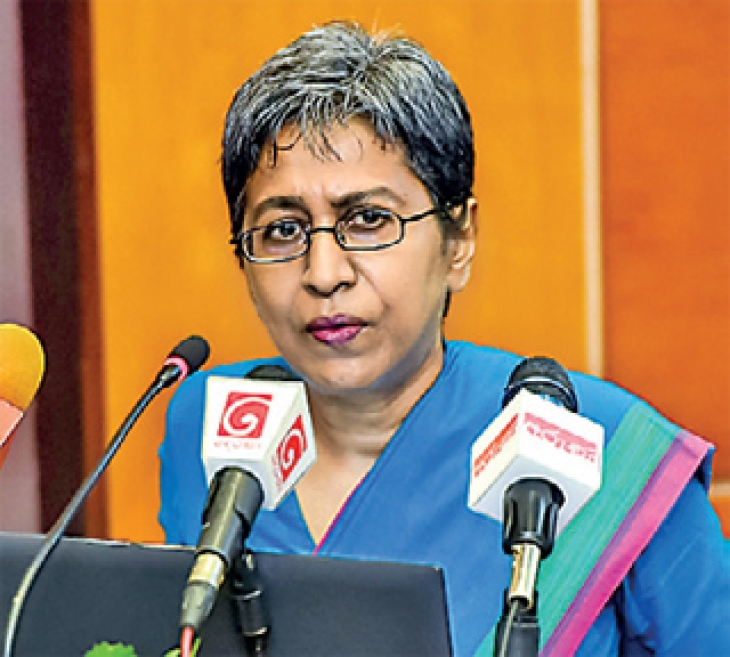Top economist Dr. Dushni Weerakkoon says if everything goes according to plan, it will be another two or three years before the Sri Lankan public feels any real improvement in economic conditions.
Weerakoon is the Executive Director and Head of Macroeconomic Policy Research at the Institute of Policy Studies of Sri Lanka.
"The best hope for Sri Lanka is a swift conclusion to the debt restructuring negotiations. The evidence is sobering in today’s complex creditor landscape. For Sri Lanka, having China, India, and Japan as its largest bilateral creditors alongside primarily US-based private bond holders adds a layer of complexity in working out treatment that is comparable and acceptable to all. China has been unwilling so far to take a cut in principal repayments, preferring to refinance payments with fresh loans. Sri Lanka will have to call on all its diplomatic skills to persuade creditors to arrive at a mutually agreeable formula in 2023," Weerakoon said in an article.
"The erosion of real wages and the introduction of higher taxes are squeezing disposable incomes, prompting exit by many to seek better living standards overseas,"
"With few policy choices, Sri Lanka is banking on an IMF bailout to facilitate access to bilateral and multilateral financial support to get the economy back on track. The IMF’s four-year US$2.9 billion program provides limited provision of liquidity. What matters is the program’s ability to catalyse other official lenders, private investors and creditors confidence in coming to the party. But the standard IMF policy prescription that demands stringent financial discipline means that adjustment costs will be front-loaded, preventing the government from spending its way out of recession. Accordingly, taxes are being hiked and expenditures are being cut," she said in her article.
"Even at the best of times — with a strong and stable government at the start of an electoral cycle — this kind of reform agenda is politically fraught. An economic crisis can sometimes be the catalyst of a major economic overhaul, but in the absence of political stability the downside risks are significant. Governments have far fewer resources in hand to compensate those who are bound to lose out from reforms. The loss of faith in political leaders and institutions, with the Sri Lankan public having clearly demonstrated its readiness to punish those who have failed to deliver, amplifies the perils.
With Sri Lanka’s economic progress set back by years by the debt crisis, the government can only hope that people will have enough patience to wait until painful austerity-inducing reforms start to work. With all the uncertainties, next year will be crucial for Sri Lanka as it gears up for the all-important presidential elections in 2024. Meanwhile, containing public disaffection amid calls for early elections — while ensuring that political uncertainty does not delay economic decision-making — is set to test the skills of even the most hardened and experienced political leader."










